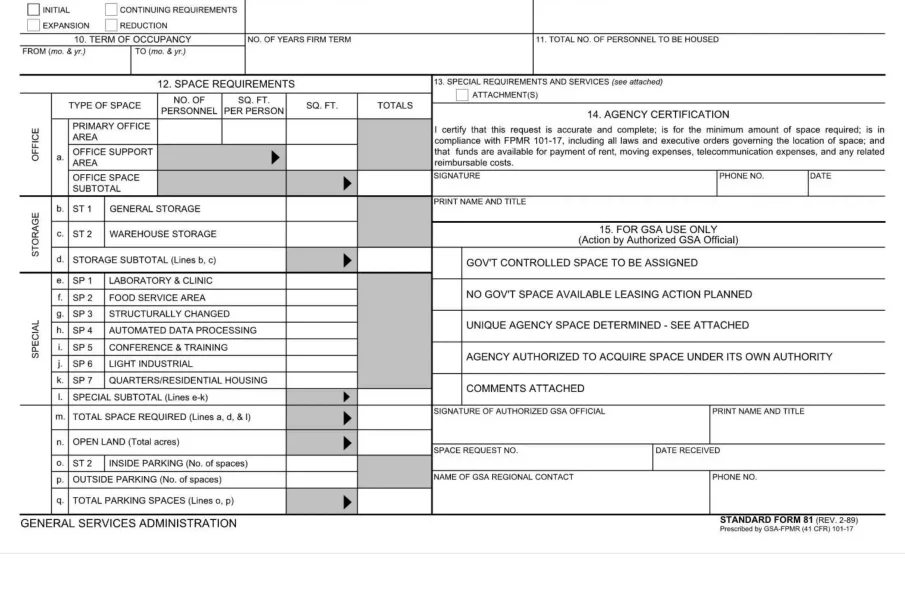The Role and Importance of Forms in Modern Society

Introduction
Forms have become an integral aspect of modern communication and data collection across multiple disciplines, from business to education and healthcare. As society increasingly shifts towards digital platforms, understanding the role of forms is essential in optimising engagement and data accuracy.
The Evolution of Forms
Historically, forms originated as paper documents used for data entry and information gathering. As technology evolved, so did forms, transitioning into digital formats that allow for greater accessibility and efficiency. Nowadays, online forms are ubiquitous, serving various purposes such as feedback collection, application processes, and survey distribution.
Types of Forms
Forms can be categorised based on their function:
- Registration Forms: Used for signing up for services or platforms.
- Feedback Forms: Collect user impressions or suggestions.
- Application Forms: Necessary for job applications or educational enrolments.
- Surveys: Gather data on opinions, preferences, and behaviours.
Importance of Forms in Business
In business contexts, forms facilitate streamlined processes. Companies use forms to gather customer information efficiently, manage communications, and track responses. Data collected through forms can be analysed to improve products and services, ultimately driving better marketing strategies and enhancing customer satisfaction.
The Role of Forms in Education
Educational institutions also rely heavily on forms for various functions, including student registration, course evaluations, and feedback mechanisms. This streamlining of administrative processes allows educators to focus more on teaching and less on paperwork.
Challenges and Best Practices
While forms are essential, they come with challenges such as user experience and data security. Poorly designed forms can deter users from completing them, while security breaches can lead to compromised data. To address these challenges, businesses and organisations should ensure that forms are user-friendly and implement strong data protection measures.
Conclusion
In conclusion, forms play a vital role in facilitating communication, gathering data, and streamlining processes across various sectors. As digital interaction continues to grow, the importance of optimising forms cannot be overstated. By focusing on design and security, organisations can leverage the full potential of forms to enhance user experience and achieve operational efficiency.







